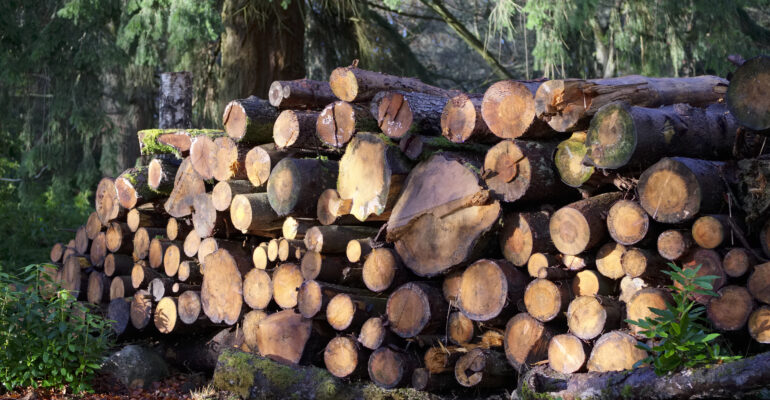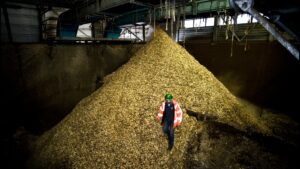What is a ‘Trilogue’ and why it can make or break our forests
By Kenneth Richter, Bioenergy consultant at BirdLife Europe & Central Asia.
We have been keeping you updated with the developments on European Union’s Renewable Energy Directive and the danger dirty bioenergy poses. The negotiations are now slowly moving into home straight.
Unfortunately, things are not looking too good right now, but there is still hope for a meaningful outcome.
As we reported the Parliament failed to rule out the burning of stumps and stemwood for energy in its January vote. That means that those types of bioenergy that are likely to result even higher greenhouse gas emission than fossil fuels will continue to receive fat EU state subsidies by masquerading as “renewable energy”.
Now negotiations are moving to the “Trilogue” stage. That means the EU Parliament, Council and Commission will negotiate a compromise between their respective positions.
One of the last meaningful restrictions on an otherwise free-for-all raiding of our forests for energy production, however, is still on the negotiating table:
The Commission had proposed to limit the use of woody biomass to co-generation, i.e. a process that produces both heat and electricity at the same time; the most efficient use of our valuable wood. The Parliament has weakened this proposal to allow the use of wood for electricity-only power plants, but only in installation with an efficiency of 40% or higher.
While this would not be enough to stop a further ramping up of burning wood in Europe’s power stations, it would at least stop the worst excesses like turning decades-old inefficient coal plants into forest-devouring monsters like Drax in the UK. Drax power station alone already burns more wood in a year than the entire UK produces.
The Parliament’s current proposal would also end the practice of co-firing: burning wood together with coal. Co-firing is used to keep old coal plants running when they would otherwise fail EU emission limits.
Also hanging in the balance is a separate proposed restriction on wood from all highly biodiverse forest, which would at least protect some the world’s unique woodland habitats from exploitation.
From documents we have seen it is clear that some member states are now actively trying to remove even these most basic of environmental safeguards in the Trilogue negotiations.
We and our partners are calling on the European institutions to use this last chance to make sure the Renewable Energy Directive will promote clean energy and not squander public money on continued subsidies for incinerating our forests in the chimneys of outdated power stations.
Banner photo: © Shutterstock





